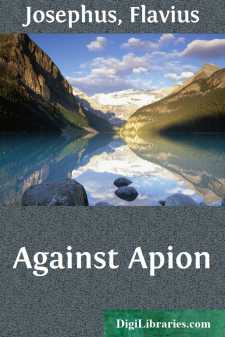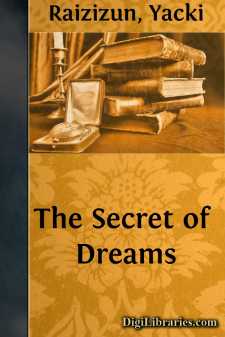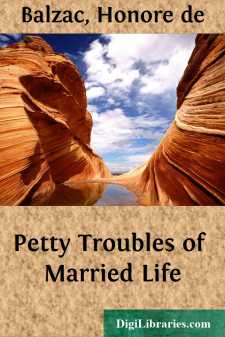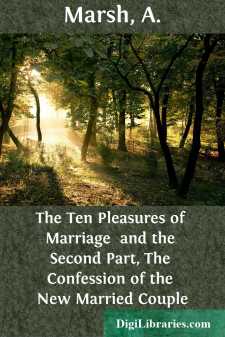Categories
- Antiques & Collectibles 13
- Architecture 36
- Art 48
- Bibles 22
- Biography & Autobiography 813
- Body, Mind & Spirit 142
- Business & Economics 28
- Children's Books 15
- Children's Fiction 12
- Computers 4
- Cooking 94
- Crafts & Hobbies 4
- Drama 346
- Education 46
- Family & Relationships 57
- Fiction 11829
- Games 19
- Gardening 17
- Health & Fitness 34
- History 1377
- House & Home 1
- Humor 147
- Juvenile Fiction 1873
- Juvenile Nonfiction 202
- Language Arts & Disciplines 88
- Law 16
- Literary Collections 686
- Literary Criticism 179
- Mathematics 13
- Medical 41
- Music 40
- Nature 179
- Non-Classifiable 1768
- Performing Arts 7
- Periodicals 1453
- Philosophy 64
- Photography 2
- Poetry 896
- Political Science 203
- Psychology 42
- Reference 154
- Religion 513
- Science 126
- Self-Help 84
- Social Science 81
- Sports & Recreation 34
- Study Aids 3
- Technology & Engineering 59
- Transportation 23
- Travel 463
- True Crime 29
Elizabethan Demonology
Description:
Excerpt
FOREWORDS.
This Essay is an expansion, in accordance with a preconceived scheme, of two papers, one on "The Witches in Macbeth," and the other on "The Demonology of Shakspere," which were read before the New Shakspere Society in the years 1877 and 1878. The Shakspere references in the text are made to the Globe Edition.
The writer's best thanks are due to his friends Mr. F.J. Furnivall and Mr. Lauriston E. Shaw, for their kindness in reading the proof sheets, and suggesting emendations.
TEMPLE,
October 7, 1879.
"We are too hasty when we set down our ancestors in the gross for fools for the monstrous inconsistencies (as they seem to us) involved in their creed of witchcraft."—C. LAMB.
"But I will say, of Shakspere's works generally, that we have no full impress of him there, even as full as we have of many men. His works are so many windows, through which we see a glimpse of the world that was in him."—T. CARLYLE.
I.
1. Difficulty in understanding our elder writers without a knowledge of their language and ideas. 2. Especially in the case of dramatic poets. 3. Examples. Hamlet's "assume a virtue." 4. Changes in ideas and law relating to marriage. Massinger's "Maid of Honour" as an example. 5. Sponsalia de futuro and Sponsalia de praesenti. Shakspere's marriage. 6. Student's duty is to get to know the opinions and feelings of the folk amongst whom his author lived. 7. It will be hard work, but a gain in the end. First, in preventing conceit. 8. Secondly, in preventing rambling reading. 9. Author's present object to illustrate the dead belief in Demonology, especially as far as it concerns Shakspere. He thinks that this may perhaps bring us into closer contact with Shakspere's soul. 10. Some one objects that Shakspere can speak better for himself. Yes, but we must be sure that we understand the media through which he speaks. 11. Division of subject.
II.
12. Reasons why the empire of the supernatural is so extended amongst savages. 13. All important affairs of life transacted under superintendence of Supreme Powers. 14. What are these Powers? Three principles regarding them. 15. (I.) Incapacity of mankind to accept monotheism. The Jews. 16. Roman Catholicism really polytheistic, although believers won't admit it. Virgin Mary. Saints. Angels. Protestantism in the same condition in a less degree. 17. Francis of Assisi. Gradually made into a god. 18. (II.) Manichaeism. Evil spirits as inevitable as good. 19. (III.) Tendency to treat the gods of hostile religions as devils. 20. In the Greek theology. [Greek: daimones]. Platonism. 21. Neo-Platonism. Makes the elder gods into daemons. 22. Judaism. Recognizes foreign gods at first. Elohim, but they get degraded in time. Beelzebub, Belial, etc. 23. Early Christians treat gods of Greece in the same way. St. Paul's view. 24. The Church, however, did not stick to its colours in this respect. Honesty not the best policy. A policy of compromise. 25. The oracles. Sosthenion and St. Michael. Delphi. St. Gregory's saintliness and magnanimity....












